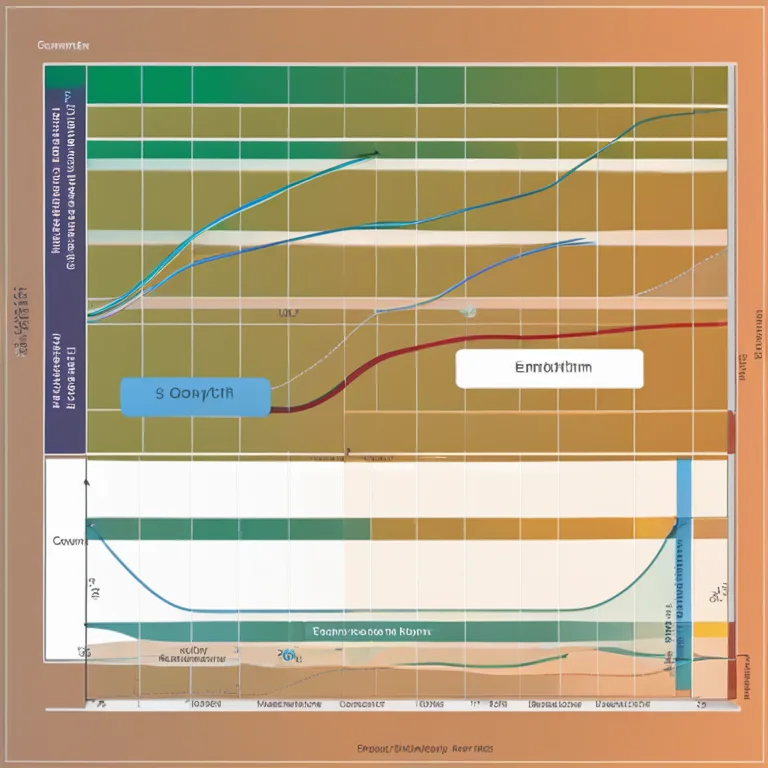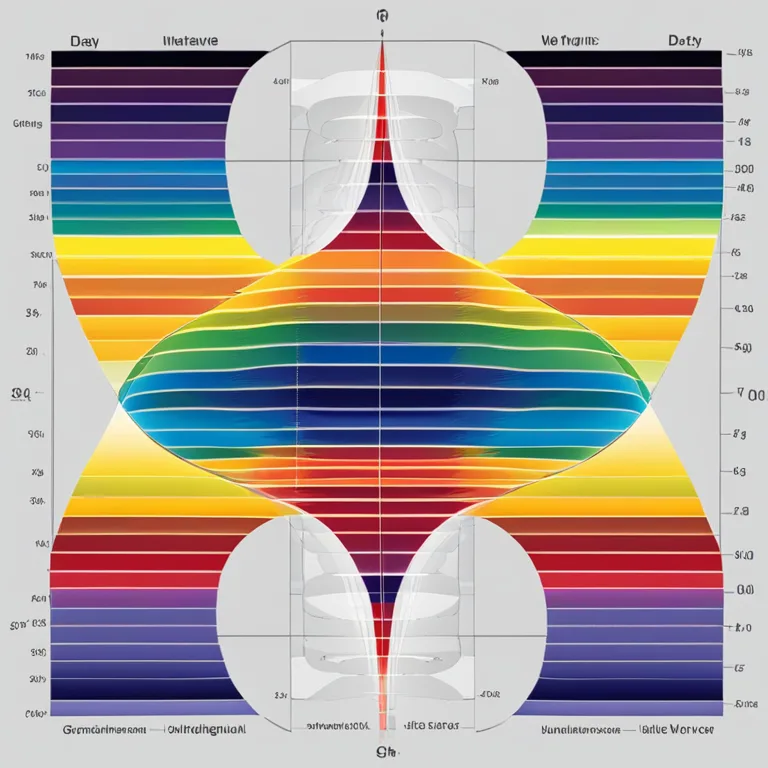
The Basics of Biorhythms and Practical Examples
Discover what biorhythms are and how they influence your daily life through real-world examples in this informative article.
article by Adrian Wallace
Introduction to Biorhythms
Biorhythms are a concept that suggests our daily lives are influenced by natural physiological cycles. These cycles allegedly affect our physical, emotional, and intellectual capacities, fluctuating in predictable patterns from the moment we are born. The theory, gaining popularity in the 20th century, has seen various applications, from personal health to compatibility assessments. In this article, we delve into the meaning of biorhythms and provide illustrative examples that shed light on their supposed impact on everyday activities.

Core Components of Biorhythms
Generally, three fundamental cycles are said to govern biorhythms: the physical (23-day cycle), emotional (28-day cycle), and intellectual (33-day cycle). Each of these cycles oscillates between high, low, and critical phases. During a high phase, individuals might feel at peak performance in the corresponding area, while a low phase might indicate a period of reduced capabilities or a need for rest. The critical phase, occurring when the cycle transitions from high to low or vice versa, is characterized by a phase of unpredictability and, some believe, increased risk of making mistakes.

Physical Biorhythm Insights
The physical biorhythm is often consulted by athletes and fitness enthusiasts to optimize training and recovery times. For instance, a high phase in this cycle might be an ideal period for intense workouts or competitions, while the low phase may suggest a need for lighter activities and recuperation. Individuals planning their fitness routines around their physical biorhythm might find they can enhance performance and reduce the risk of injury.

Emotional Biorhythm in Daily Life
Emotionally, understanding one's biorhythm could assist in navigating social interactions and emotional management. When an emotional biorhythm is in a high phase, one might find that they are more resilient and effective in communication, making it a favorable time for important discussions or negotiations. Conversely, low phases may call for self-care and avoiding potentially stressful situations.

Intellectual Cycle Insights
Intellectual cycles can influence mental acuity and analytical abilities. A high phase in the intellectual biorhythm could correlate with periods of increased focus and mental clarity, making it a productive time for learning or problem-solving. If the cycle is low, it may be wise to postpone decisions that require critical thinking until the cycle swings back to a more favorable position.
Biorhythms and Compatibility
Biorhythms have also been explored in the context of interpersonal compatibility. By comparing individual biorhythms, some believe it's possible to predict the harmony of relationships. Partners’ cycles that are synchronized in their highs and lows might experience fewer conflicts and better understand each other, according to this belief. Despite skepticism from the scientific community, the fascination with biorhythms persists for those interested in the confluence of astrology, numerology, and personal rhythm.
Conclusion: The Debate Continues
Although the concept of biorhythms lacks robust scientific backing, it continues to intrigue those who are curious about the rhythms of life. Whether for optimizing personal potential or seeking deeper connections with others, biorhythms offer an additional dimension to consider. As we move further into the 21st century, the intersection between science and holistic practices like biorhythms may evolve, potentially offering new insights into the complexity of human life and the natural world.
Published: 12/28/2023
Modified: 12/28/2023
More predictions
Come back here soon to learn more about yourself and your future


The Synergy of Cycles: Biorhythm Compatibility
Discover the secrets of biorhythm compatibility and how it might influence personal connections in our comprehensive guide.


Biorhythm: The Significance of Compatibility
Discover the significance of biorhythm compatibility in relationships and how syncing life cycles can impact partnership dynamics.


The Origins of Biorhythm Theory Explored
Discover the historical and scientific roots of biorhythm theory, the concept that seeks to predict personal cycles of health, emotion, and intellect.